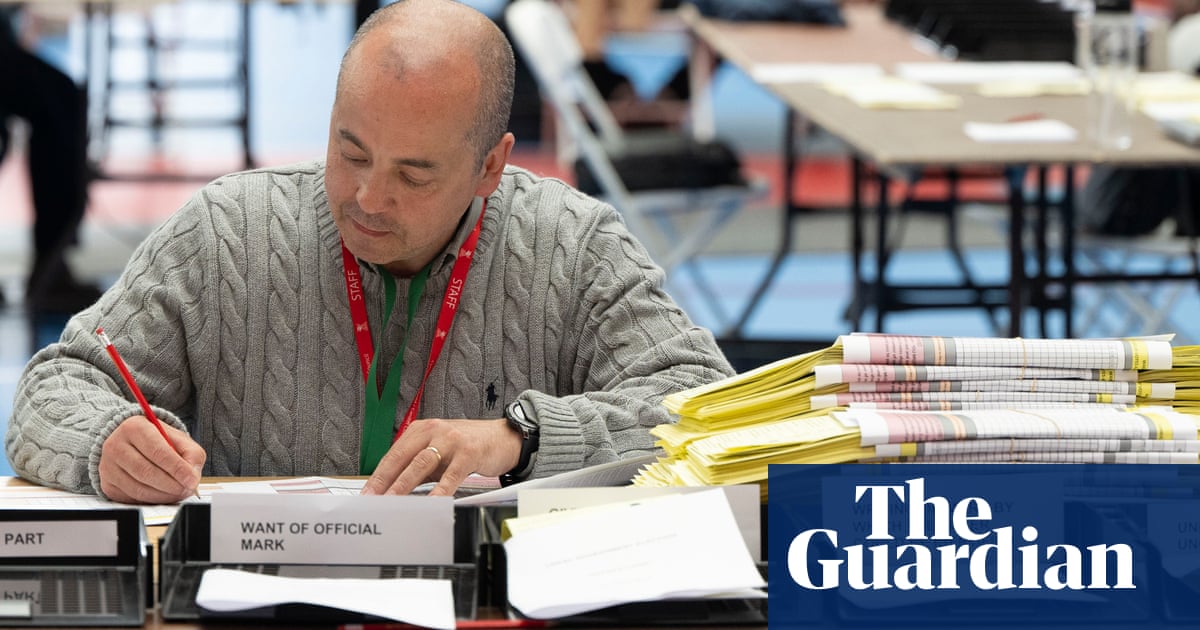
At first sight, Rishi Sunak and Boris Johnson comprehensively bested the Conservative rebels on overseas aid on Tuesday, but the longer-term politics of the showdown may not be quite as straightforward.
By explicitly linking the planned aid cut to the threat of tax increases, while claiming they still hoped to honour the 0.7% target at some unspecified future date, Sunak and Johnson won over enough waverers to deliver a majority of 35.
The chancellor’s hand may have been strengthened in future tugs-of-war with Johnson about public spending too, and while a vocal band of Tory backbenchers care about the fate of the world’s poorest, it seemed there were enough who cared more about avoiding tax rises or spending cuts.
The same may apply to other issues close to the hearts of rebel bands of MPs, and Sunak can be expected to reach for a similar argument with those, too.
Meanwhile, with polling suggesting a majority of voters support aid cuts in the wake of the pandemic, Johnson and his Downing Street team may also believe they have scored another victory in the culture war against wishy-washy liberals.
While the rebellion was unsuccessful, the campaign to secure a vote on the issue and win over allies has cemented the emergence of a new, organised and vocal band of One Nation Conservatives.
Pushed to the sidelines of Johnson’s political project, they have become increasingly strident, and on this issue at least they had the support of Conservative grandees from outside the Commons, including the former prime ministers John Major and David Cameron and the former Scottish Tory leader Ruth Davidson, who called the aid cut “a bloody disgrace”.
Their concern is partly about values, including internationalism, but also the reputation of their party, which they fear is being cumulatively trashed by Johnson’s government.
Some backbench Conservatives are beginning to fret that they are becoming once again what May herself – long before she was in No 10 – once called the “nasty party”.
They worry that Johnson’s happy-go-lucky approach to cronyism, bullying allegations, freebie holidays and ripping up manifesto pledges may eventually rebound on them, particularly in small-c conservative heartland seats.
Ed Davey, the leader of the Liberal Democrats – a party that knows a bit about the consequences of breaking election pledges – said the Conservatives’ U-turn on aid, which was a clear manifesto promise, would cause voters to ditch the Conservatives “in droves”.
The former Tory MP David Gauke – one of those chucked out by Johnson during the Brexit rout of 2019 – said in the aftermath of the Chesham and Amersham byelection that there might be up to 40 Conservative-held seats where Tory voters do not much like what they see.
In these commuter-belt seats, he argued, “the Conservative vote is not Johnsonian, considers the government to be pretty populist, not focused on the interests of taxpayers, not sufficiently pro-business, and that vote is soft. And it’s vulnerable.”
Some Conservative MPs in areas like these report that ditching the aid pledge is beginning to come up in conversations with constituents, together with other questions about probity.
Downing Street may be calculating that there are fewer of these seats – and of these voters – than Johnson could gain as the Brexit realignment spurs his continued advance into what was once solidly Labour territory.
But ditching the aid pledge – much like Johnson’s early equivocation over the England team taking the knee – may turn out not to have been quite such clever politics as it may at first have appeared.












